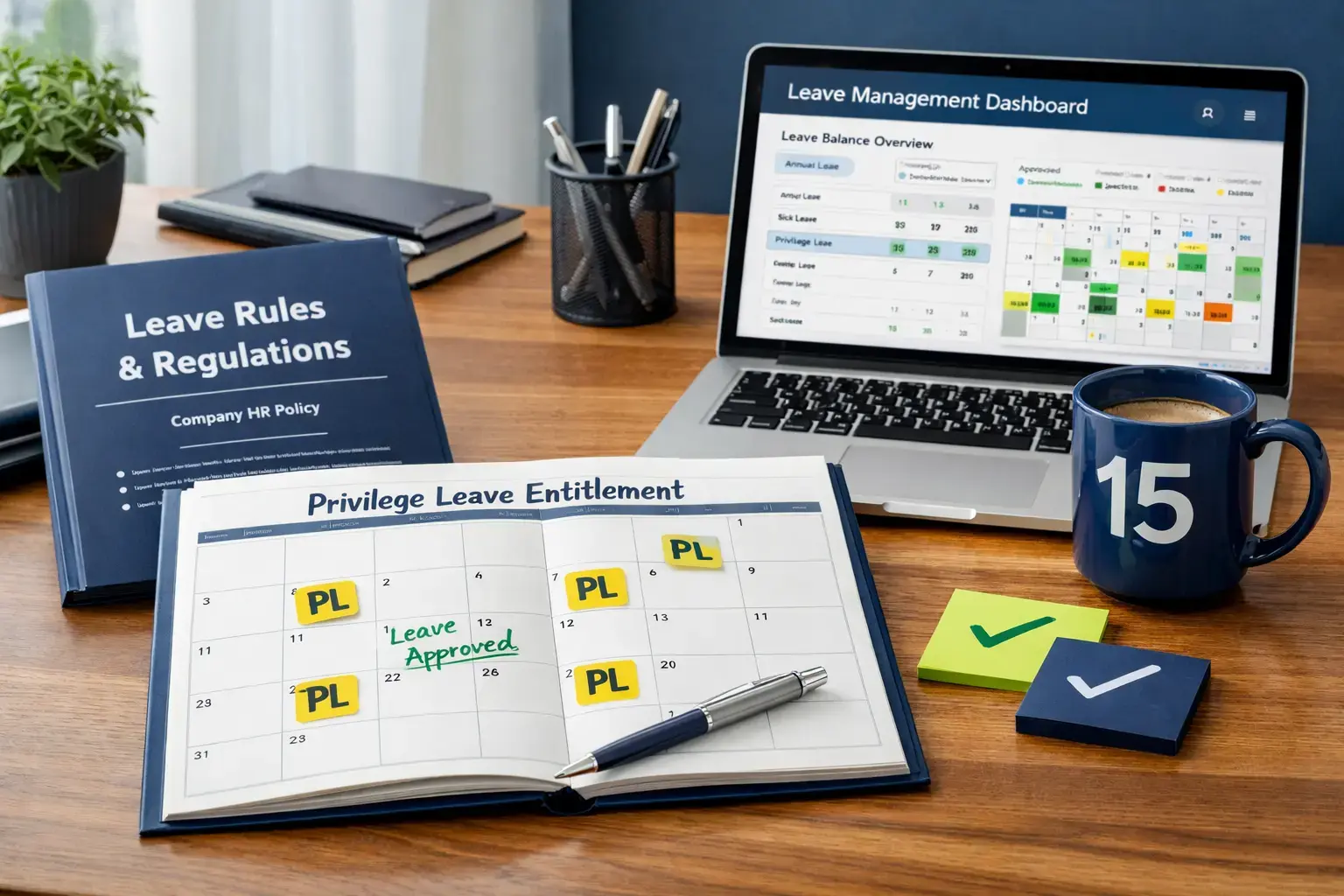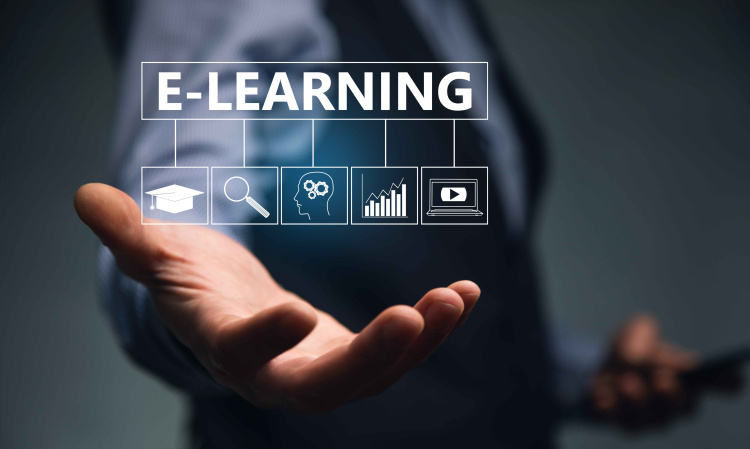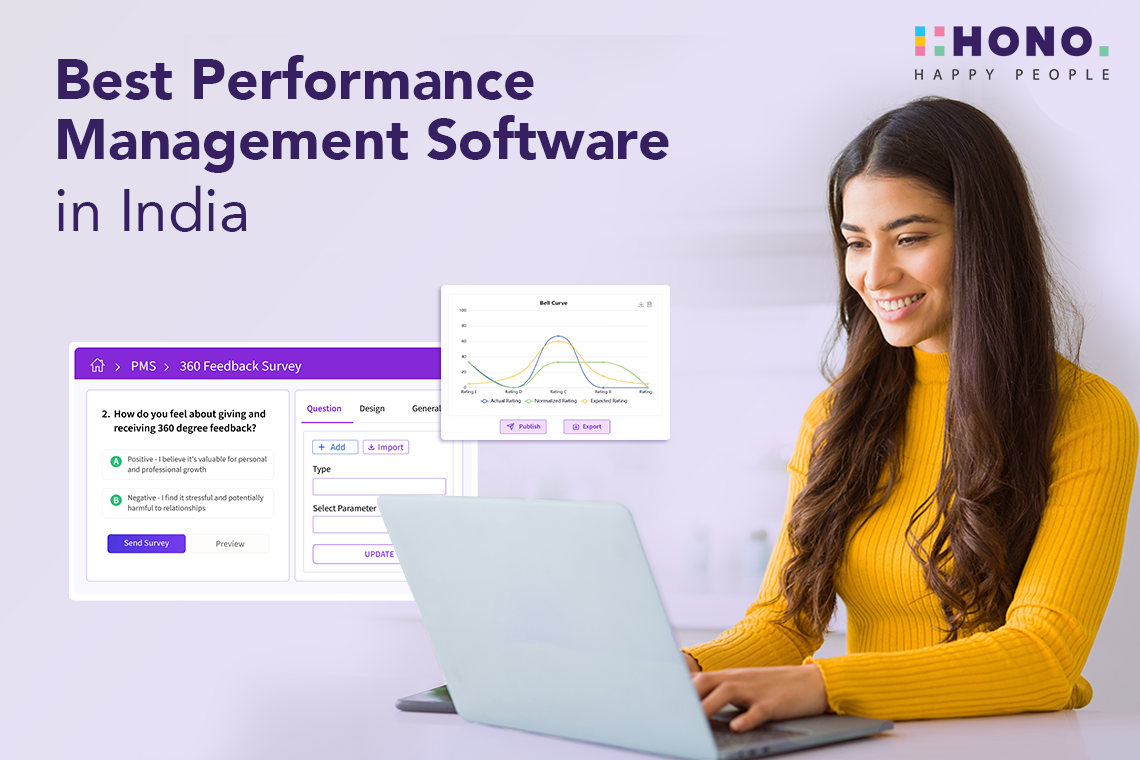Human Resources (HR) is undergoing a profound transformation, shifting from traditional administrative functions to more strategic roles centered around enhancing employee engagement, optimizing talent management, and building continuous learning and development. This change is largely driven by technological advancements that enable more sophisticated, data-driven decision-making and personalized employee experiences. At the heart of this transformation is the need to integrate the Learning Management System (LMS) with the Human Resource Management System (HRMS), a move that promises to harmonize the core aspects of talent development and organizational management. Integrating LMS with HRMS not only streamlines processes but also ensures that the workforce is skilled, compliant, and aligned with the company's strategic goals.
Revolutionizing Workforce Management by Integrating LMS with HRMS
5 mins

Integrating the Learning Management System with HRMS is more than a technological upgrade; it is a strategic investment in the organization's most valuable asset—its people. This integration facilitates a seamless flow of information between training programs and employee performance data, enabling HR professionals to tailor learning initiatives that directly impact performance and productivity. Furthermore, integrating LMS with HRMS paves the way for a culture of continuous learning and improvement, where employees are empowered with the tools and opportunities to grow professionally. This holistic approach not only enhances individual performance but also drives organizational efficiency and competitiveness in an increasingly complex business environment.
Understanding LMS and HRMS
An LMS is a software application designed to deliver, track, and manage training programs. It's pivotal in facilitating e-learning initiatives, allowing administrators to create and distribute content, monitor learner participation, and assess performance. Integrating the Learning Management System in an organization streamlines the process of educating employees, ensuring that learning is accessible, measurable, and aligned with the company's objectives.
HRMS is a comprehensive suite designed to manage the entire range of HR functions, from employee data management and payroll processing to recruitment, benefits administration and performance evaluation. It's instrumental in automating HR tasks, minimizing errors and freeing up the HR department to focus on strategic initiatives. In the modern workplace, the HRMS is not just an operational tool but a strategic asset that drives workforce planning, policy implementation and organizational culture.
In the digitally-driven corporate world, both LMS and HRMS are indispensable. While LMS ensures continuous employee development and skill enhancement, HRMS streamlines human resource management, making processes more efficient and data-driven. Their roles are complementary, with each system contributing to a more holistic approach to talent management and organizational growth.
The Synergy between LMS and HRMS
When LMS and HRMS operate separately, it can lead to inefficiencies like redundant data entry, inconsistent records and disjointed user experiences. These silos hinder the flow of information, making it challenging to track employee progress comprehensively and leverage data for strategic decisions.
Also Read: Decoding LMS: Understanding the Basics and Benefits
4 Benefits of Integrating LMS with HRMS
Integrating LMS with HRMS brings about a transformation in managing employee development and HR operations. It ensures that learning and development are closely aligned with HR processes like performance appraisals, succession planning and workforce analytics. This integration results in streamlined processes, unified data management and a significantly enhanced user experience, making the management of the employee lifecycle more cohesive and data-driven.
1. Centralized Data Management: Integrating LMS with HRMS centralizes employee data, training records and performance metrics. This consolidation offers a unified view of each employee's journey, enabling more informed decision-making and ensuring that learning initiatives are closely aligned with individual and organizational goals.
2. Enhanced Learning and Development: Integration allows for personalized learning paths that are directly linked with career development plans and performance appraisals. Employees receive targeted training that propels their growth and aligns with the company's strategic objectives, leading to a more engaged and competent workforce.
3. Improved Compliance Management: With integrated systems, tracking and reporting of mandatory training, certifications and compliance become automated and error-free. This ensures that the organization meets legal requirements and industry standards, minimizing risks and building a culture of accountability and excellence.
4. Data-Driven Decision Making: The combined power of LMS and HRMS provides rich analytics and comprehensive reports on employee performance, training effectiveness and talent management. These insights enable HR leaders to make data-driven decisions, fine-tune training programs and devise strategies that resonate with both employee aspirations and business objectives.
Related: Cloud LMS vs. On-Premises: Making the Right Choice
Overcoming Challenges in Integration
Integrating LMS with HRMS can present challenges such as compatibility between different systems, ensuring data security and privacy and managing the change effectively among the workforce.
Best practices include conducting thorough due diligence during the selection of systems, ensuring robust data encryption and user authentication measures and having a well-structured change management plan. Regular communication, training and support are crucial to facilitate a smooth transition and ensure that all stakeholders are on board with the new integrated system.
Implementing the Integration
The process involves a clear analysis of requirements, selecting the right integration tools and technologies, thorough testing of the integrated system and comprehensive training for users. It's essential to involve all key stakeholders in the planning phase and ensure that the integration aligns with the broader organizational goals and HR strategy.
Tips for Smooth Transition and User Adoption
Communicate Clearly: Regularly inform employees about the integration's benefits and changes, ensuring transparency and understanding.
Provide Training: Offer comprehensive training sessions and resources to help employees comfortably adapt to the new system.
Gather Feedback: Actively collect employee input on their experience with the new system to identify areas for improvement.
Be Adaptive: Be prepared to make necessary adjustments to the system based on feedback to enhance user experience and functionality.
Integrating LMS with HRMS is more than a technological upgrade; it's a strategic move towards a more efficient, informed and employee-centric approach to HR management. This integration marks a significant step in transforming HR functions, aligning employee development with organizational goals and building a culture of continuous learning and growth. As organizations navigate the complexities of the modern business environment, the integration of these two powerful systems stands as a beacon of innovation and strategic foresight.
Frequently Asked Questions
Integrating LMS with HRMS involves syncing the Learning Management System (LMS) with the Human Resource Management System (HRMS) to streamline training, development and HR processes. This integration transforms HR functions by enabling a cohesive, data-driven approach to managing employee lifecycle, from onboarding and training to performance evaluation and career development.
Integrating the Learning Management System with HRMS enhances employee training and development by aligning learning initiatives with individual performance metrics and career goals. This ensures that training is personalized, relevant and directly linked to each employee's growth and the organization's strategic objectives.
Key benefits include streamlined administrative processes, centralized data management, personalized learning and development paths, improved compliance tracking and enhanced capability for data-driven decision-making. Overall, integrating LMS with HRMS leads to increased efficiency, better resource management and a more engaged and skilled workforce.
Challenges might include system compatibility issues, data security concerns and adapting to change in organizational processes. These can be addressed by careful planning, choosing compatible and secure systems, providing comprehensive training and engaging employees throughout the transition to ensure smooth adoption and minimal disruption.
Organizations should start with a clear understanding of their strategic objectives, followed by a thorough needs assessment. Selecting the right integration tools, involving key stakeholders, ensuring robust data security measures, conducting comprehensive testing and preparing for change management are crucial steps. Additionally, providing adequate training and support to employees and continuously gathering feedback for iterative improvements are key to successful integration and user adoption.
.png?width=70&height=70&name=Team%20HONO%20logo-01%20(1).png)
Team HONO







.webp)
.jpg)
-1.webp)